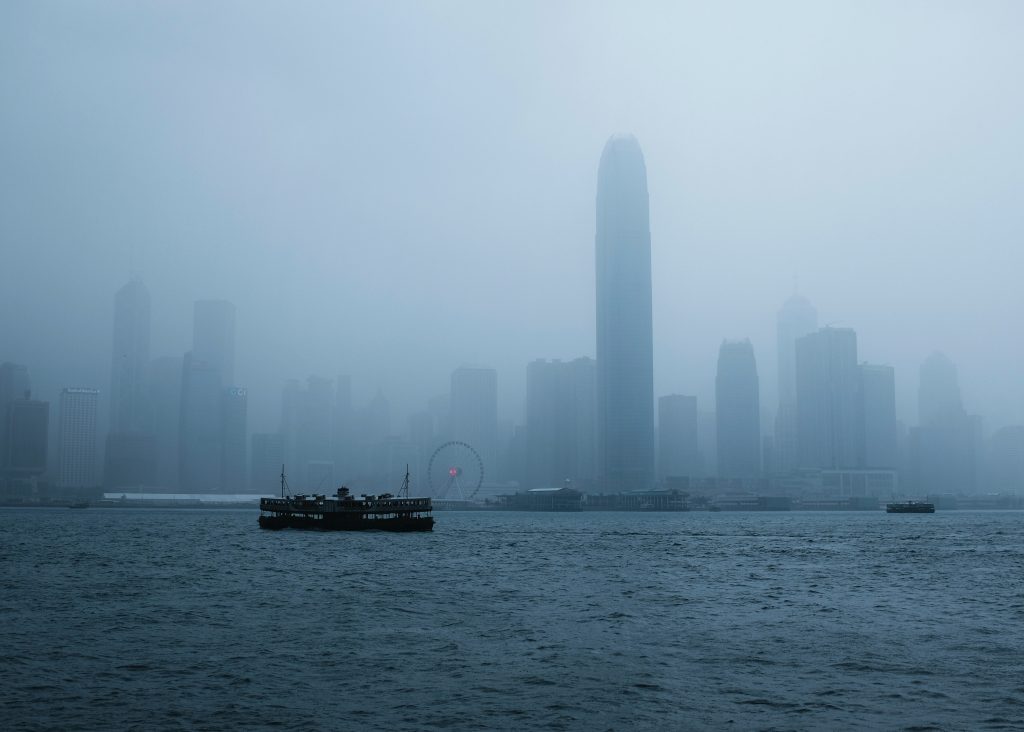
Anyone working or living in Hong Kong for an extended period of time will be familiar with the territory’s Black Rain and Typhoon weather warning system. These extreme weather alerts in the past, typically up-ended working and school arrangements resulting in class and work being suspended.
Employees across the city have braved the elements on their commutes over the past few days as several Red and Amber Rain alerts have been issued with heavy showers expected to continue over the weekend. Though there has not been a Black Rain warning issued so far this year, the days of an unexpected additional day off may well and truly be over for the city’s students and workers alike.
As businesses embrace or transition to online working, these unexpected non-workdays may well become a thing of the past. Employees have shown that have successfully been able to work remotely over the past few years and will be able to do so during an extreme weather event.
As many employers have begun to ask their employees to return to the office, HR should take the time to amend their extreme weather policies accordingly. Instead of work arrangements being cancelled under a Black Rain or T8 warning, the policies should be revised to reflect the company’s work from home arrangements (if any) if such signal is hoisted. This revision should be communicated to employees so that they are aware of the changes.
By doing so HR solves several problems at the same time: it prevents lost working hours, balances the operational needs of the business and ensures employees’ safety. If adverse weather conditions are expected, for example, Red Rain, employers may wish to extend the WFH arrangements to this warning level. This is due to other factors that HR need to consider in relation to ensuring employee safety such as road and traffic conditions.
However, there are some important points to note.
The Hong Kong Employment Ordinance (EO) has an extensive list of requirements that employers must follow when it comes to the weather warnings. One such stipulation is that employers should not deduct annual leave, statutory holidays or rest days to which employees are entitled under the EO to compensate for the loss of working hours upon the issuance of a Black Rain or T8 warning. Employers will be liable to prosecution for failing to comply with any relevant provisions.
Employers should also not withhold wages, good attendance bonuses or allowances nor penalise or dismiss any employee if they could not report for or resume duty on time due to adverse weather conditions.
By enabling employees to WFH, HR will also save the organisation from many legal headaches if employees can work as normal without having to set foot out the door.





